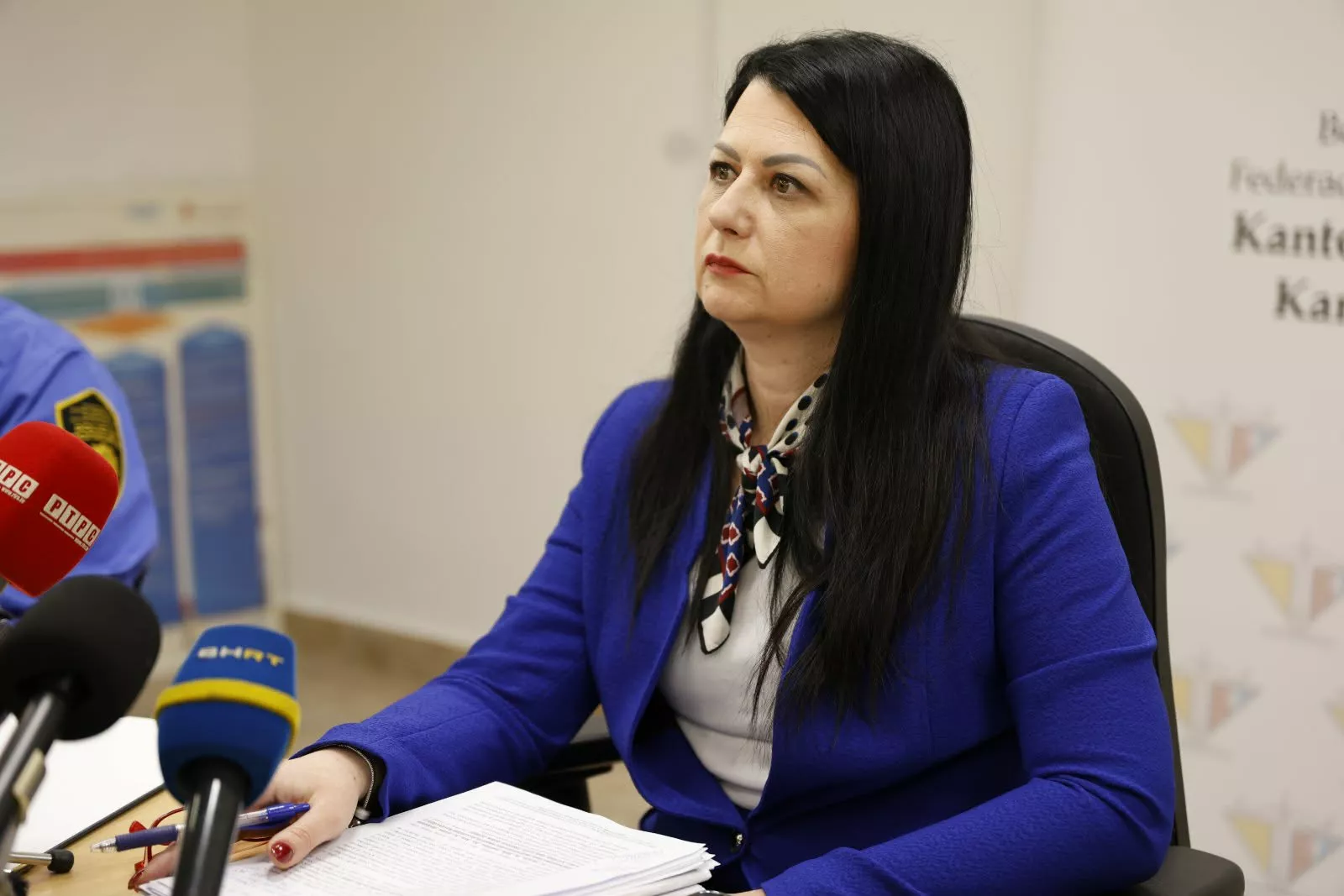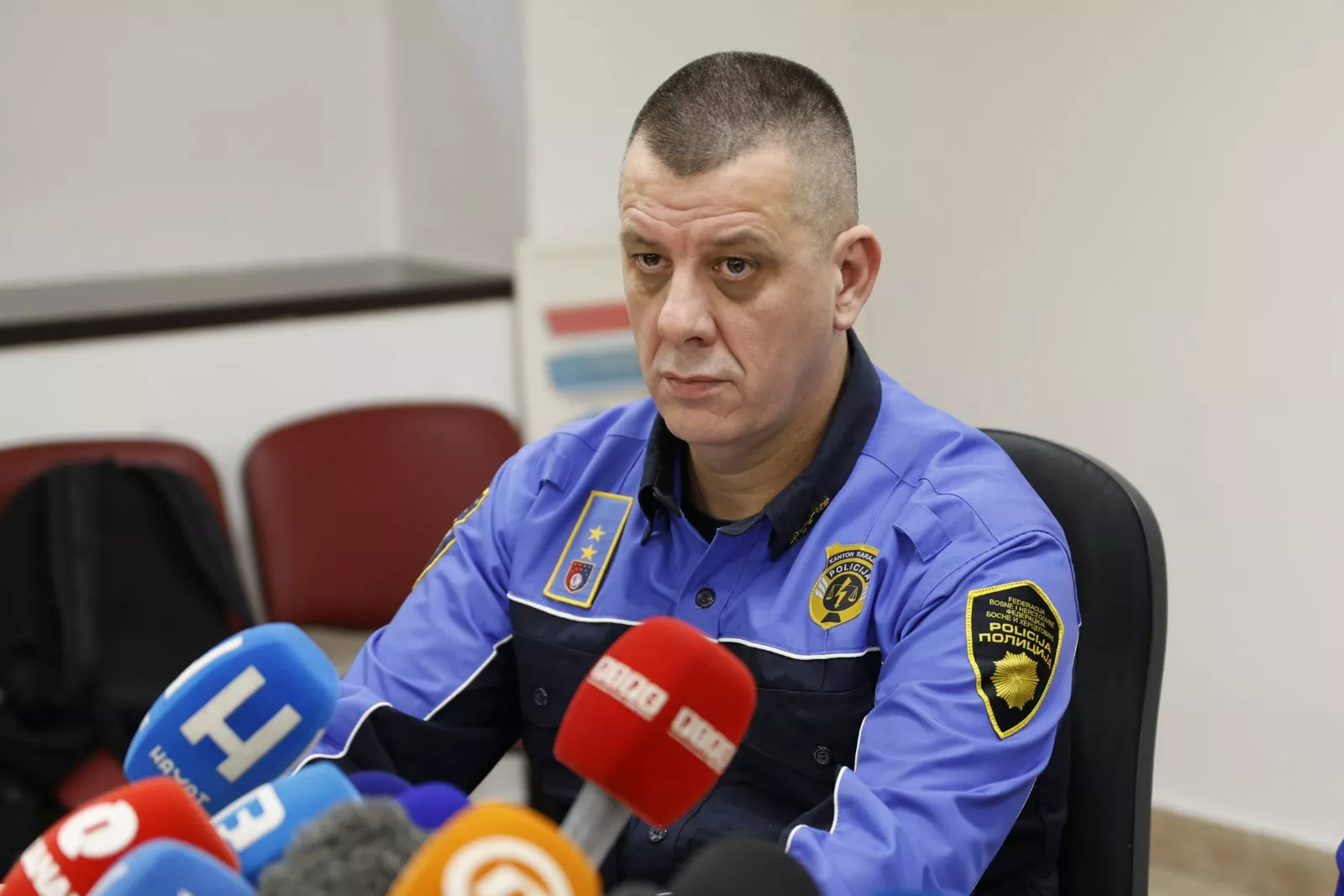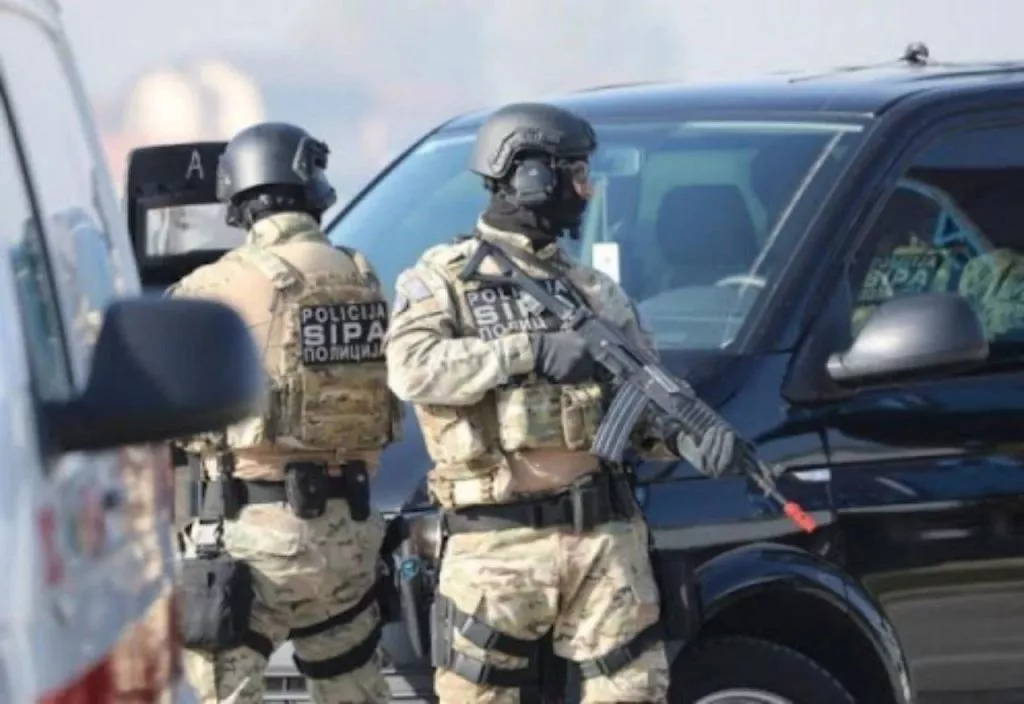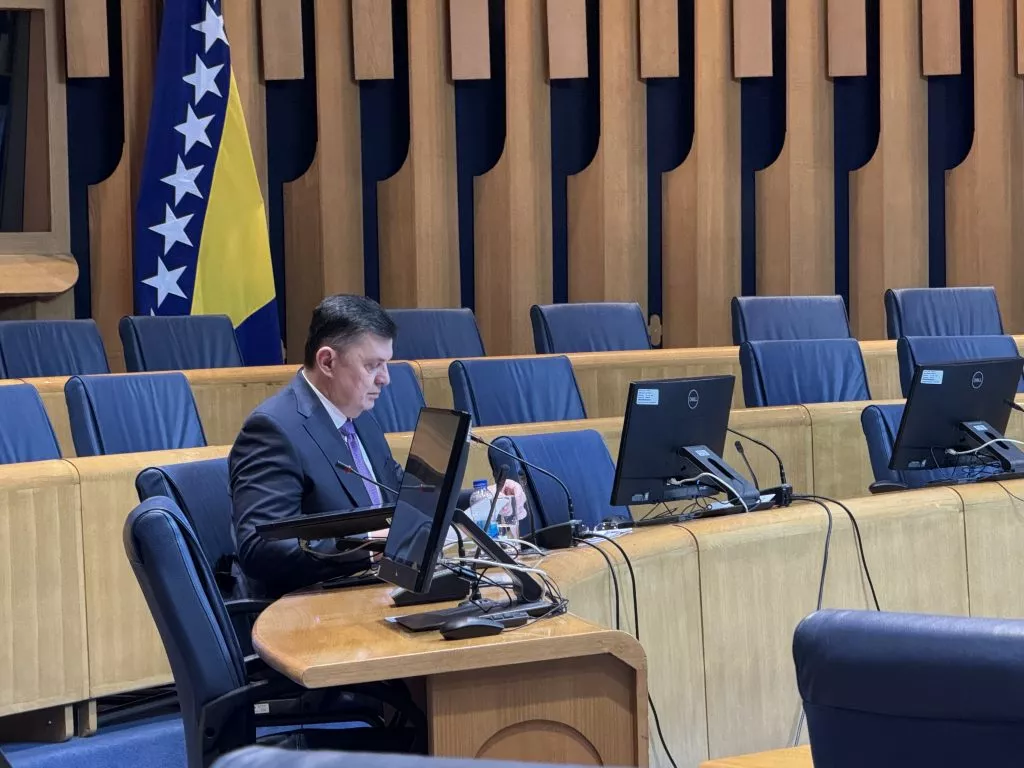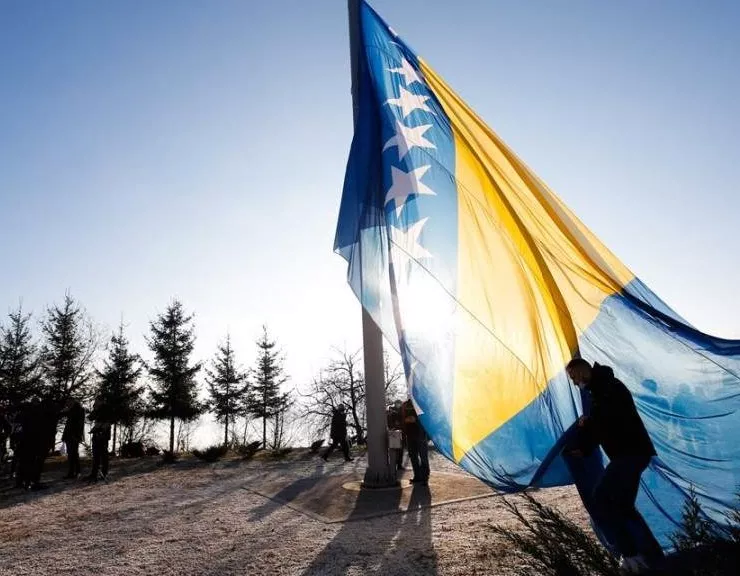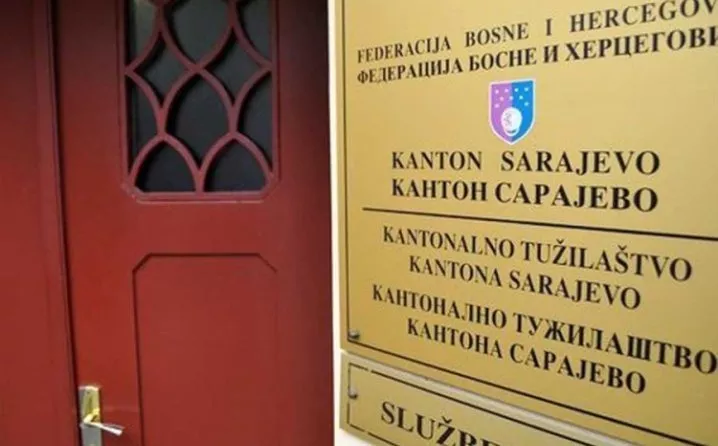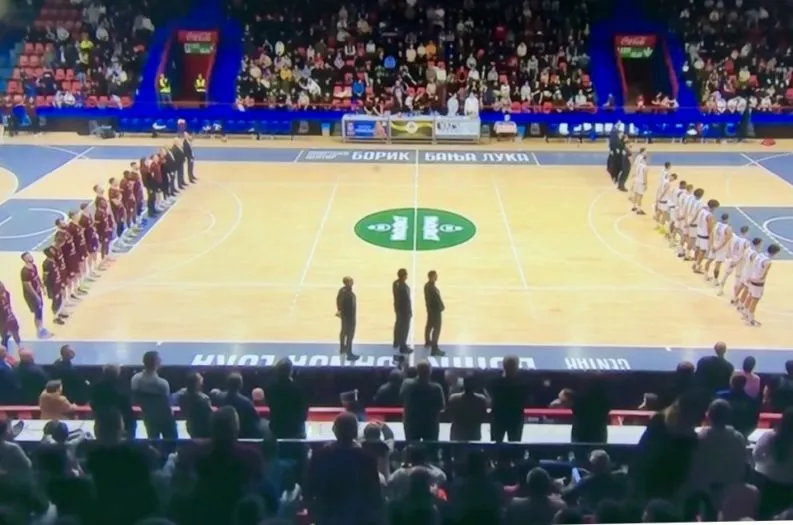

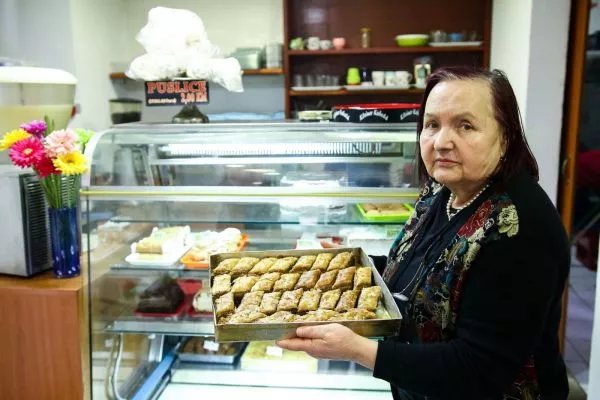
I would like to meet him again and ask him: 'Radovan, why did you have to do that.'
Izeta Bajramovic was Radovan Karadzic's neighbor before the war.
Her neighbor was the first president of the Republika Srpska and former leader of Serb Democratic Party (SDS).
The former Bosnian Serb leader Radovan Karadzic will hear the final judgment on his role in the Bosnian war.
In one of the last remaining cases from the break-up of Yugoslavia, UN judges in The Hague will rule on Karadzic’s appeal against his 2016 conviction for genocide and war crimes, and his 40-year sentence for the genocide in Srebrenica, mass persecution of Bosniaks and Croats, terrorizing the Sarajevo citizens with shelling and snipers, and taking hostage the UNPROFOR members.
During the war, Sarajevo was under the siege for 1,425 days, which is the longest siege in the history of modern wars and the longest siege of one town ever. It lasted 44 months, from 5 April 1992 through 29 February 1996, which is 3 times longer than the siege of Stalingrad. On average, 329 projectiles were fired daily. During the siege, a total of 11,541 were killed, including 1,601 children.
The day before the verdict, Sarajevo was 'business as usual'.
![]()
Photo credit Armin Durgut / PIXSELL
In Sutjeska Street, at no 2, where Karadzic lived until the war, there are still a few of his former neighbors.
Izeta Bajramovic is the owner of a pastry shop that has been there ever since 1949. Karadzic used to go there every morning for his baklava.
- He would have 4 baklavas every time, I guess it suited him to eat that many for their high calorie and energy, tells Izeta.
There are a few other former neighbors of The Hague indictee sitting at Izeta's shop, but they don't want to talk about him.
- Karadzic came from Montenegro to Sarajevo when he was 14. It was back in the sixties. He was quiet and modest in appearance. He enrolled in the Medical high school. We felt sorry for him and so we started helping him. Then when fall came, his mother would send us some milk products like cheese, which they were making in his village, tells Bajramovic, recalling that little by little Karadzic began to show his desire for attention and dominance when around people, yet he never showed any sign of extremism back then.
He used to address her pleasantly 'hadzinica' (a woman who has been to Mecca as a pilgrim).
- Karadzic, or Radovan as we called him, had lived in a community home for students. His wife Ljiljana Zelen lived then at Sutjeska 2, our street, so when the two of them married, Radovan moved in and we became neighbors. Later on, when he became a medical doctor, they moved in an apartment in the attic and that's where they lived from then on, tells Izeta her story.
There is still an empty flat of this Hague indictee at the same address where he lived until the war. In the same building, there is an apartment of Ljiljana's sister which every now and then is visited by her daughter who graduated from the medical faculty in Sarajevo after the war.
- I don't know what to say. Sarajevo had given him everything and he tore it apart, and killed all those people and children, says Izeta Bajramovic.
The verdict reading for Karadzic will start today at 14:00.

